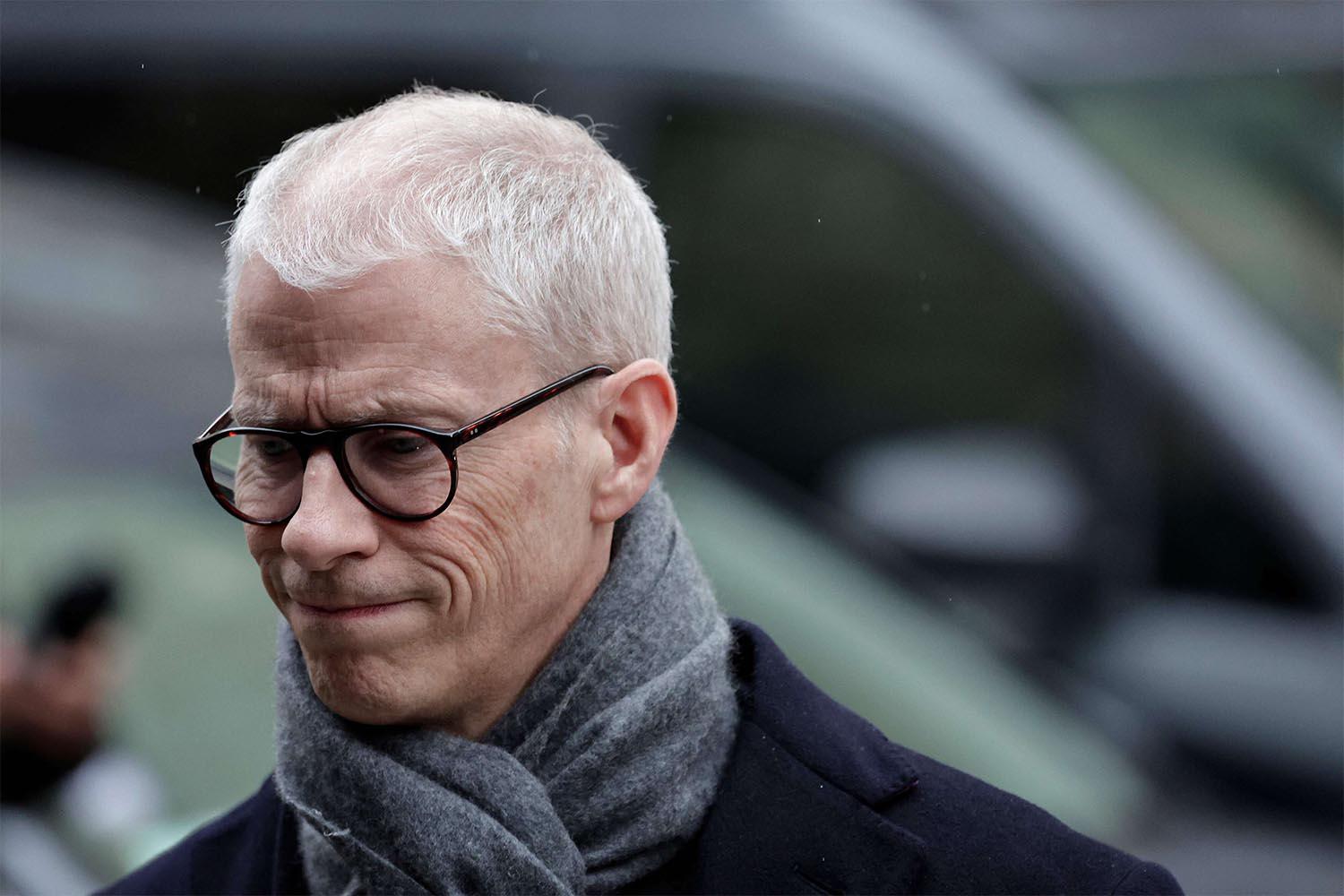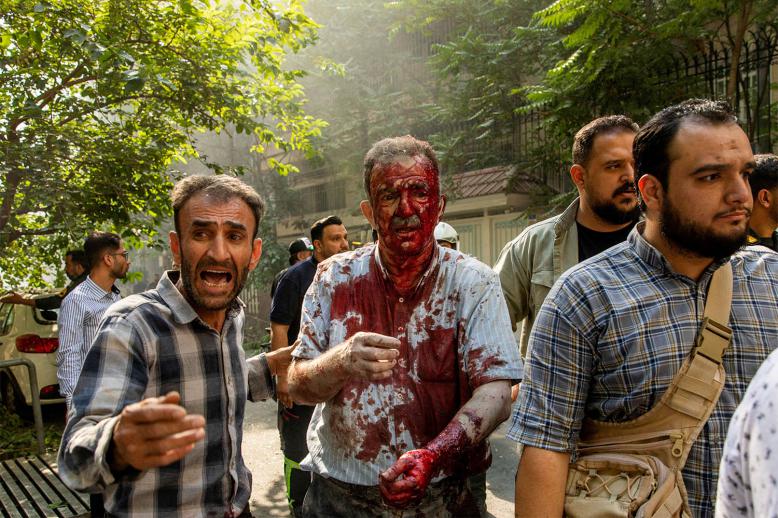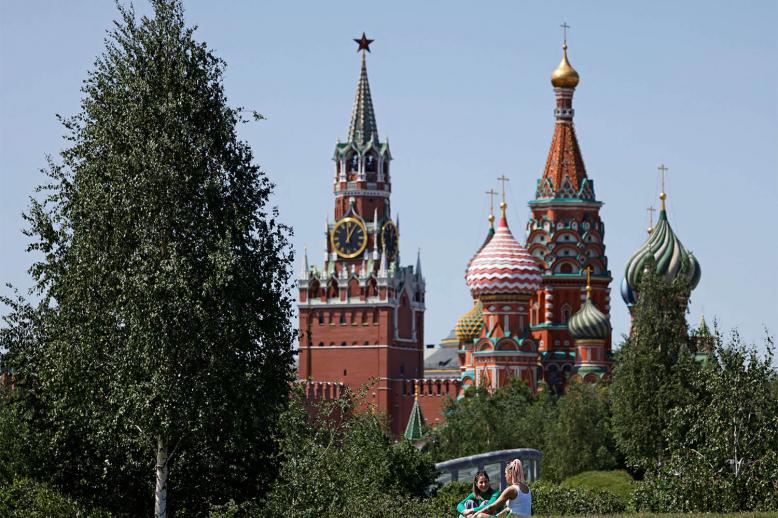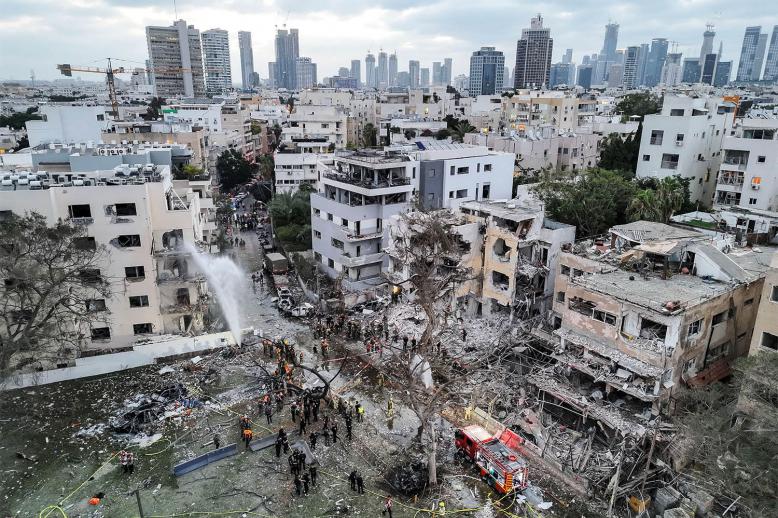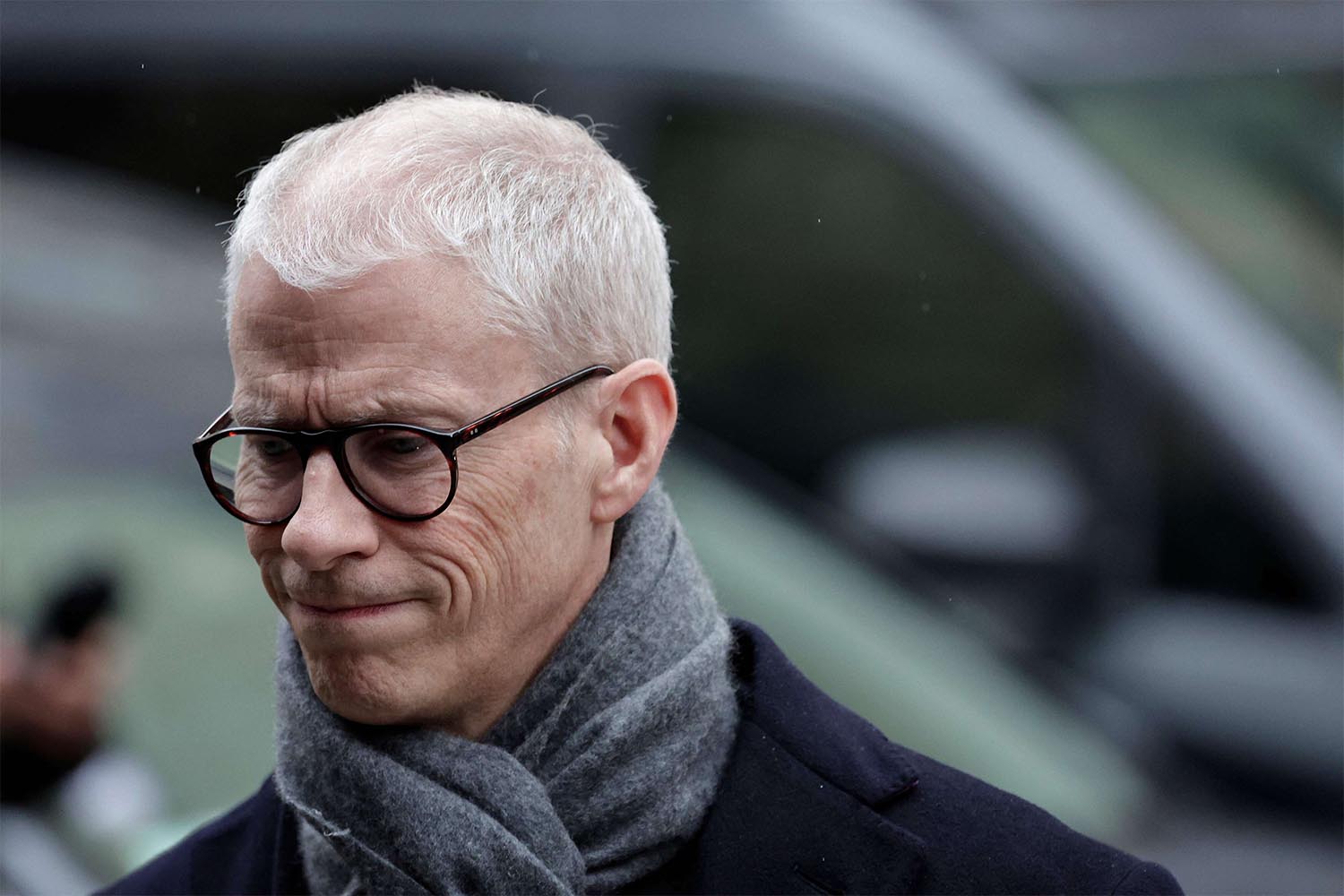France’s intention to invest in Morocco’s southern provinces deals new blow to polisario
CAIRO - France's intention to use the French Development Agency (AFD) to fund projects in the Morocco’s southern provinces dealt a new blow to the Algerian-backed polisario front separatists.
Algerian state media reported on Sunday, citing a statement from the polisario's Information Ministry that France’s move was a "provocative" step.
"This is a dangerous escalation of France's hostile stance towards the Sahrawi people," the ministry statement said, adding France's plan "represents explicit support for Morocco's illegal occupation of parts of Western Sahara."
The statement came after France's foreign trade minister, Franck Riester, visited Morocco last week.
"The renewal of French-Moroccan relations will involve new bridges between our private sectors," Riester posted on X during his visit.
According to an article in France's Le Monde newspaper, Riester indicated that the AFD, via its private sector financing arm Proparco, could help fund a project involving a high-voltage power line between Dakhla and the Moroccan port city of Casablanca.
Riester’s statement is France’s step in the right direction towards recognizing Morocco’s sovereignty over its Sahara after years of chilly diplomatic ties between Rabat and Paris over the Western Sahara issue.
French Minister for Europe and Foreign Affairs Stéphane Séjourné reiterated last February during his visit to Rabat, his country's "clear and constant" support for the Moroccan autonomy plan in the southern provinces, saying that it is time for France to move forward on this issue.
Morocco took over most of Western Sahara in 1975 from colonial Spain. That started a guerrilla war with the Polisario Front, which says the desert territory in the northwest of Africa belongs to it.
The United Nations brokered a ceasefire in 1991 and sent in a mission to help organise a referendum on the future of the territory, but the sides have been deadlocked since.
Morocco, under the leadership of King Mohammed VI, reiterated its firm position on the Western Sahara dispute, repeatedly stating that it won’t accept any solution outside the framework of its proposed autonomy plan.
In August 2022, the Moroccan monarch urged his country's partners to "clarify" their position over Western Sahara and offer unequivocal support.
"I would like to send a clear message to everyone: the Sahara issue is the lens through which Morocco looks at the world. It is the clear, simple benchmark whereby my country measures the sincerity of friendships and the efficiency of partnerships," he said in a televised speech marking the Revolution of the King and the People.
“I therefore expect certain states among Morocco's traditional partners as well as new ones, whose stances concerning the Moroccanness of the Sahara are ambiguous, to clarify their positions and reconsider them in a manner that leaves no room for doubt,” he added.

